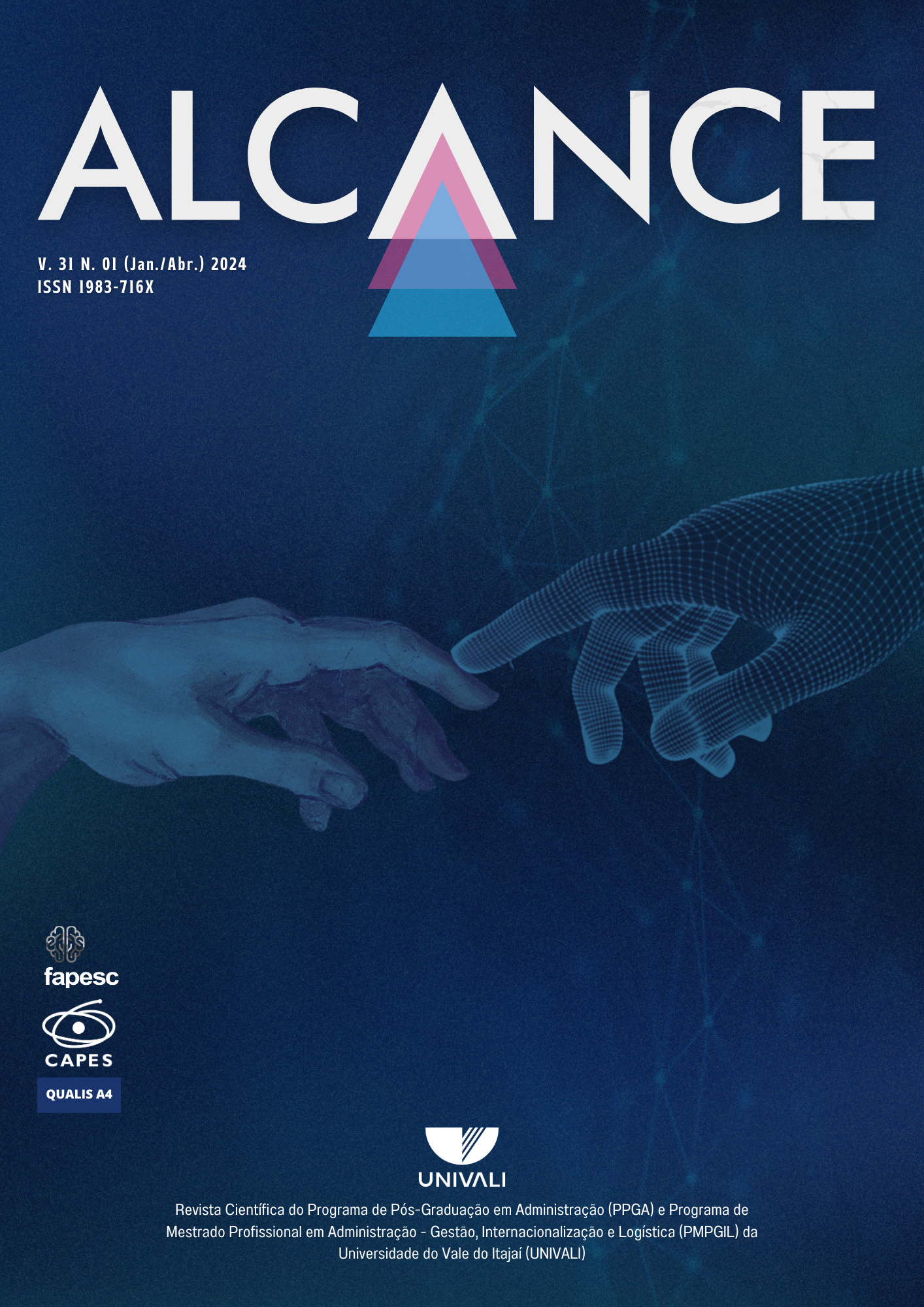
Objective: To create a maintenance solution that seeks to overcome digital literacy problems in the peripheral areas of São Paulo and capture quality data for public administration.
Design/methodology/approach: To use the Design Science Research methodology, an iterative process that seeks to develop versions of a prototype to be validated by user testing, and based on the concept of SmartCities, to develop a participatory e-Gov technology.
Results: The study resulted in the creation of a prototype communication channel for urban maintenance issues using chatbots, specifically WhatsApp, due to its wide acceptance. The data were categorized to be efficiently captured by the robot and sent to the administration's Data Center for tabulation and optimization, cross-referencing them with other public databases. Tests with the target audience showed that the prototype overcomes digital literacy problems and maintains efficiency in data communication.
Practical implications: The implementation of this technology can significantly improve the efficiency of urban maintenance services, making them more accessible and inclusive.
Social implications: The proposed technology promotes digital inclusion and citizen participation, especially in peripheral areas, empowering the community.
Originality / value: The value of the study lies in the innovation of using common chatbots like WhatsApp to overcome digital literacy barriers and improve communication between the population and public administration, demonstrating an effective path for smart urban governance.




Allam, Z., & Dhunny, Z. A. (2019). On big data, artificial intelligence and smart cities. Cities, 89, 80–91. https://doi.org/10.1016/j.cities.2019.01.032
Batista, G. O. D. S., de Souza Monteiro, M., & de Castro Salgado, L. C. (2022). How do ChatBots look like? a comparative study on government chatbots profiles inside and outside Brazil. In: Proceedings of the 21st Brazilian Symposium on Human Factors in Computing Systems (p. 1-8).
Bercovich, N., & Vivanco, G. (2016). Formación TIC y empleo para los jóvenes: desafíos y posibles cursos de acción. IIPE/UNESCO Sede Regional Buenos Aires y la Organización de Estados Ibero-americanos. Recuperado em 01 de agosto de 2017, de https://unesdoc.unesco.org/ark:/48223/pf0000371036.
Blignaut, A. S., & Els, C. J. (2010). Comparacy assessment of postgraduate students’ readiness for higher education. The Internet and Higher Education, 13(3), 101-107. Recuperado em 10 de outubro de 2018, de https://doi.org/10.1016/j.iheduc.2010.02.007.
Bolivar, M. P. R. (2015). Characterizing the role of governments in smart cities: A literature review. In: J. Ramon Gil-Garcia, Theresa A. Pardo & Taewoo Nam (Ed.). Smarter as the New Urban Agenda (p. 49-71). Springer.
Chohan, S. R., & Akhter, Z. H. (2021). Electronic government services value creation from artificial intelligence: AI-based e-government services for Pakistan. Electronic Government, an International Journal, 17(3), 374-390.
Clarke, R. (2016). Big data, big risks. Information Systems Journal, 26(1), 77-90. https://doi.org/10.1111/isj.12088
Cortés-Cediel, M. E., Segura-Tinoco, A., Cantador, I., & Rodríguez Bolívar, M. P. (2023). Trends and challenges of e-government chatbots: Advances in exploring open government data and citizen participation content. Government Information Quarterly, 40(4), 101877.
Cunha, M. A., Przeybilovicz, E., Macaya, J. F. M., Santos, F. B. P. (2016). Smartcities: transformação digital de cidades. São Paulo, FGV.
Dresch, A., Lacerda, D. P., & Antunes Júnior, A. V. (2015). Design Science Research: Método de pesquisa para avanço da ciência e tecnologia. Porto Alegre: Bookman.
Gil, H. (2019). Nativos digitais, migrantes digitais e adultos mais idosos: pontes para a infoinclusão. Revista Educação, Psicologia e Interfaces, 3(2).
Gillespie, T. (2018). The relevance of algorithms. Media Technologies Essays on Communication Materiality and Society (IMT Press, 2014). Traduzido por Amanda Jurno. Parágrafo, 6(1), 95-121.
Goloshchapova, T., Yamashev, V., Skornichenko, N., & Strielkowski, W. (2023). E-Government as a Key to the Economic Prosperity and Sustainable Development in the Post-COVID Era. Economies, 11(4), 112.
Habermas, J. (2016). Comunicação política na sociedade mediática: o impacto da teoria normativa na pesquisa empírica. Líbero, (21), 9-21.
IBGE. (2022). Pesquisa nacional por amostra de domicílios contínua: acesso à internet e posse de telefone móvel celular para uso pessoal 2022; PNAD. Coleção Ibgeana. https://biblioteca.ibge.gov.br/index.php/biblioteca-catalogo?view=detalhes&id=2102040
McLuhan, M. (1964). Os meios de comunicação como extensões do homem. São Paulo: Cultrix.
OECD. (2003). The e-Government Imperative. Paris: OECD e-Government Studies. https://doi.org/10.1787/9789264101197-en
Oliveira, M. M., & Giacomazzo, G. F. (2017). Educação e cidadania: perspectivas da literacia digital crítica. EccoS – Rev. Cient., 43, 153-174. Recuperado em 20 de novembro de 2021, de https://doi.org/10.5585/EccoS.n43.7393.
Oyelami, O. M., Falana, O. T., & Erinfolami, O. S. (2023). A Determination of the Level of Adoption of eGovernment-based Conversational Systems in Nigeria. In: Proceedings of the 2023 7th International Conference on E-Commerce, E-Business and E-Government (pp. 46-50).
Passarelli, B., & Gomes, A. C. F. (2020). Transliteracias: A terceira onda informacional nas humanidades digitais. Revista Ibero-Americana de Ciência da Informação, 13(1), 253–275.
Rizzon, F., Bertelli, J., Matte, J., Graebin, R. E., & Macke, J. (2017). Smart City: um conceito em construção. Revista Metropolitana de Sustentabilidade, 7(3), 123-142. Recuperado em 20 de dezembro de 2021, de https://revistaseletronicas.fmu.br/index.php/rms/article/view/1378/pdf.
Santos, M. C. dos. (2019). A datificação de um campo de conhecimento: como algoritmos, números e abordagens quantitativas estão mudando a comunicação. Organicom, 16(31), 145-157. https://doi.org/10.11606/issn.2238-2593.organicom.2019.161444. Recuperado em 01 de maio de 2022, de https://www.revistas.usp.br/organicom/article/view/161444.
UNESCO. (2011). Digital literacy in education. Policy brief. UNESCO Institute for Information Technologies in Education. Recuperado em 12 de abril de 2024, de https://iite.unesco.org/publications/3214688/.
Wasiuta, Martyna (2021). The Czech Republic’s struggle with e-government during the COVID-19 pandemic. OSW Ośrodek Studiów Wschodnich. Recuperado em 12 de março de 2024, de https://www.osw.waw.pl/en/publikacje/osw-commentary/2021-09-08/czech-republics-struggle-e-government-during-covid-19-pandemic.




This work is licensed under a Creative Commons Attribution 4.0 International License.






Revista Alcance is a Brazilian free access journal, published every four months, linked to the Graduate Program in Administration and the Professional Master’s degree in Administration, Internationalization and Logistics Program of the University of Vale do Itajaí – Univali. We seek to publish theoretical-empirical and technological articles in the areas of Business Administration. Different theoretical and methodological perspectives are welcome, as long as they are consistent with and relevant to the development of the area.

